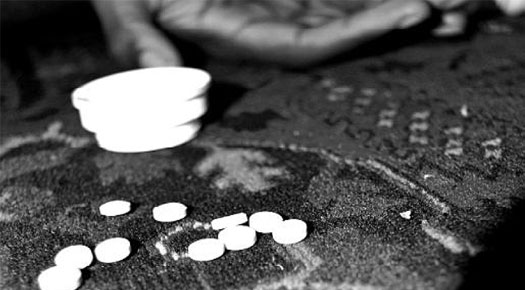
Researchers at the University of Florida recently released a study about teenagers’ worldviews and how their respective religiosities influence drug and substance abuse. After interviewing 1,253 believers and nonbelievers, the researchers concluded adolescents that have stronger worldviews and are more religious tend to venture out less often with regards to drug and substance abuse.
Researcher and Professor James Shepperd said that people should interpret the word worldview as an explanatory way of seeing the world, a way that helps answer life’s most important questions.
The study titled ‘Does Religion Offer Worldviews that Dissuade Adolescent Substance Abuse?’ found that religiosity could play a role in discouraging young adults from using drugs and abusing substances due to the fact that most religions encourage moral and constructive behavior patterns in the lives of adolescents.
“Worldviews provide answers to questions such as who am I, why am I here, and how should I behave,” reads the study’s abstract. “We examined whether being religious corresponds with having a stronger worldview and whether the worldview accounts for the commonly observed relationship between religiousness and substance use.”
Researchers of the study found that the possession of a stronger worldview was linked with a person’s decision to not use drugs or drink alcohol. However, once a person became a user, his or her strong worldview did not affect his or her use anymore. While the researchers were not concerned about the composition of different worldviews, they did measure how staunch their adherents were. In the end, respondents classified as religious youths had stronger worldviews in terms of lying, integrity, morality and life’s purpose and those classified as faithful youths were less likely to use substances.
“Analysis revealed that nonreligious adolescents, compared with religious adolescents, were more likely in the prior six months, to have smoked cigarettes (14 percent versus 6 percent), drunk alcohol (34 percent versus 19 percent), and used marijuana (17 percent versus 7 percent),” according to the study.
According to the researchers, religion helps create strong worldviews among young adults, which usually leads to reduced chances of substance abuse. However, they added a disclaimer that worldviews do not necessarily stem from religion and can still have an effect on curbing substance use.
The study will continue to be conducted until Shepperd and his team has reached a clear conclusion about the different aspects of teenagers’ drug and substance abuse.
Photo Credits: Wikimedia
